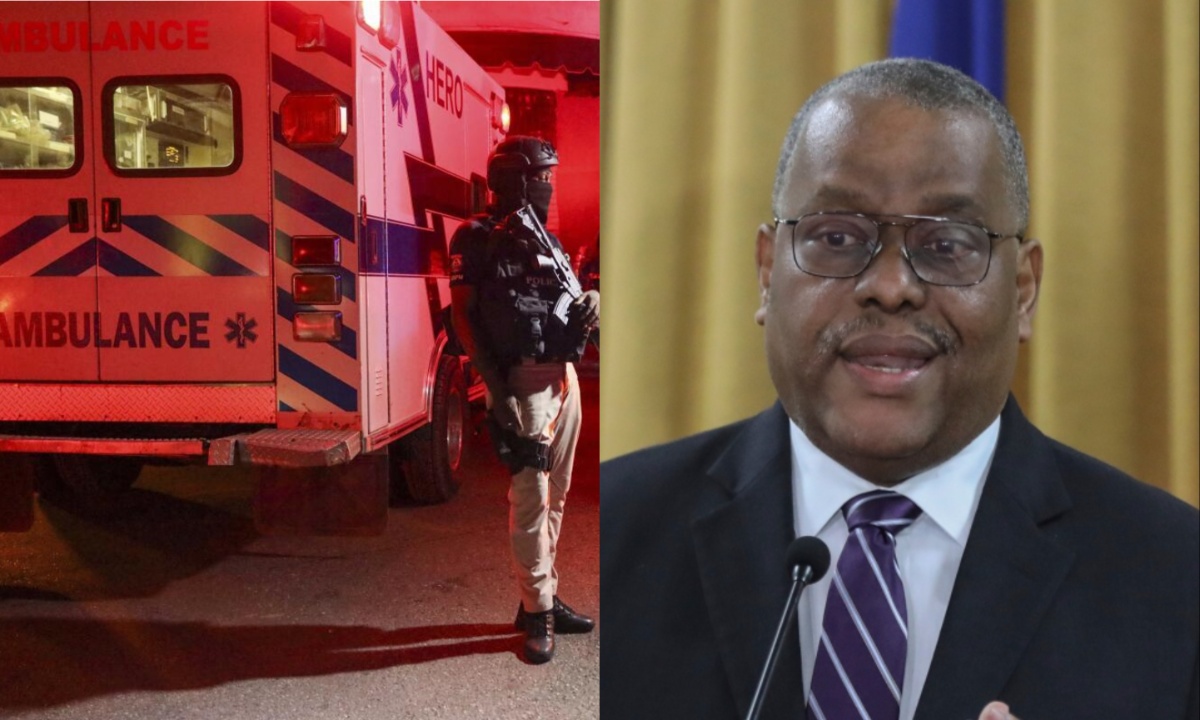Haiti’s new Prime Minister, Garry Conille, left the hospital after a quick visit for a health problem. In a video on YouTube, he said he’s ready to lead during the country’s security crisis and wants to make healthcare easier to get.
Arriving in Haiti on June 1st, Conille faces the challenging task of tackling widespread gang violence and alleviating deep-rooted poverty, with inflation hitting a record high of 29%. Gangs controlling a significant portion of Port-au-Prince have displaced hundreds of thousands of people in recent years and impeded critical goods transportation.
Conille’s predecessor, Ariel Henry, resigned in April amid escalating gang attacks that targeted police stations, prisons, and even the nation’s main airport during his official trip to Kenya. The Haitian government now awaits the deployment of a UN-backed police force from Kenya and other nations to combat the escalating violence.

Reports suggest Conille, who previously served as UNICEF’s regional director for Latin America and the Caribbean, is asthmatic and experienced breathing difficulties prompting his hospitalization. However, he appears optimistic in the released video, expressing determination to form a government swiftly to address the ongoing crisis.
Conille is confronted with a complex array of security challenges, economic instability, and healthcare accessibility issues. His dedication to promptly forming a functional government underscores the urgent nature of the situation and the imperative for decisive action to stabilize Haiti amidst its multifaceted crises.